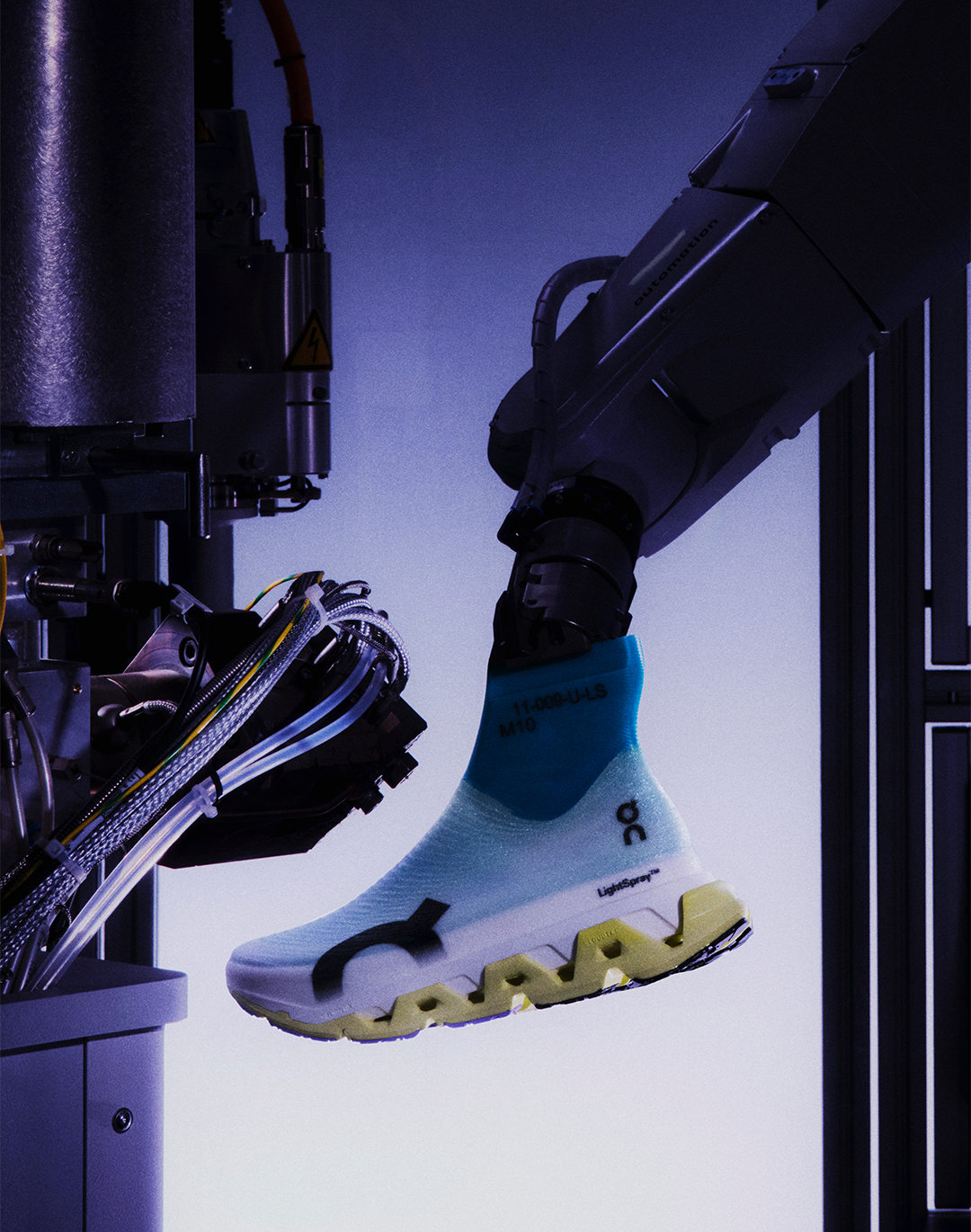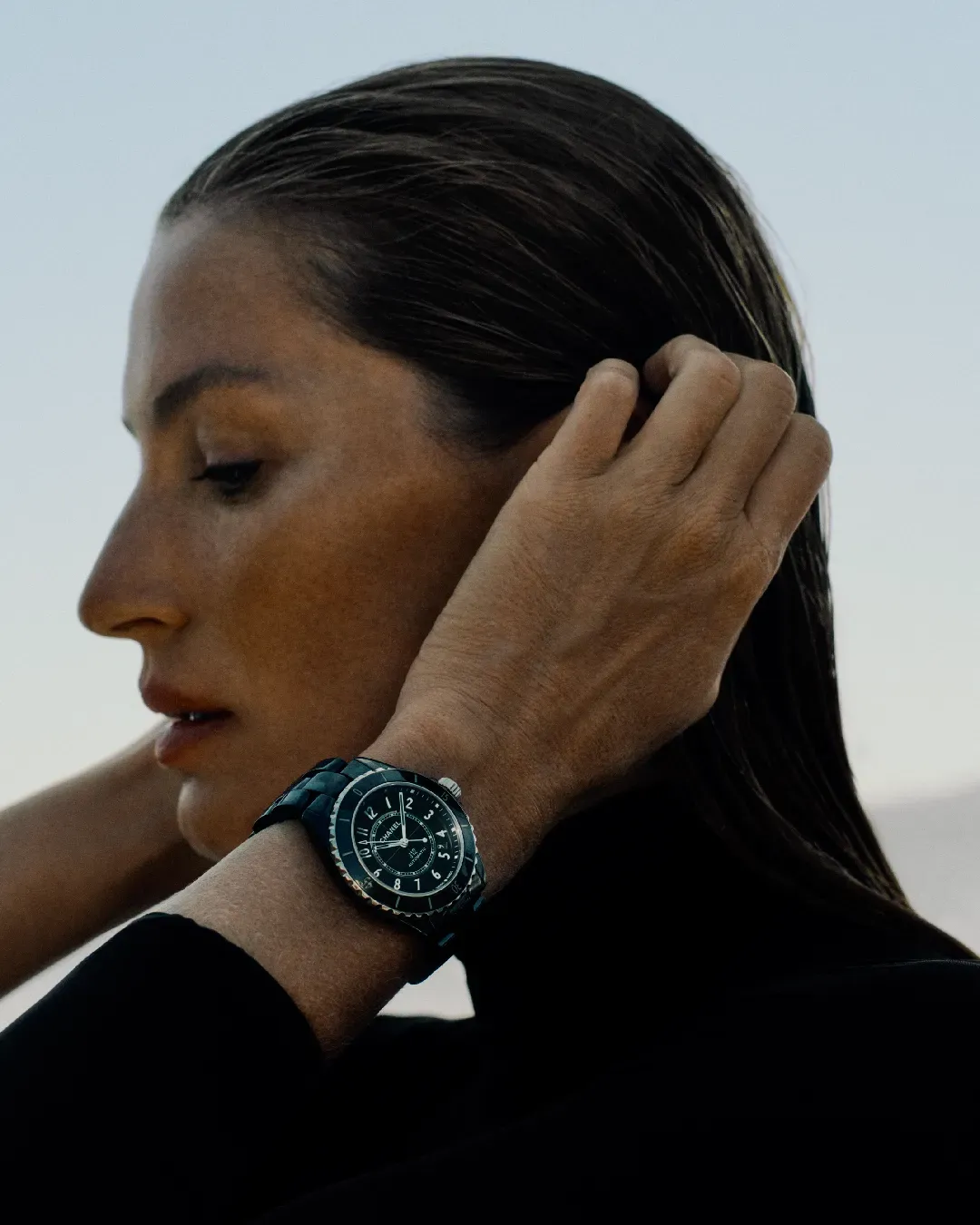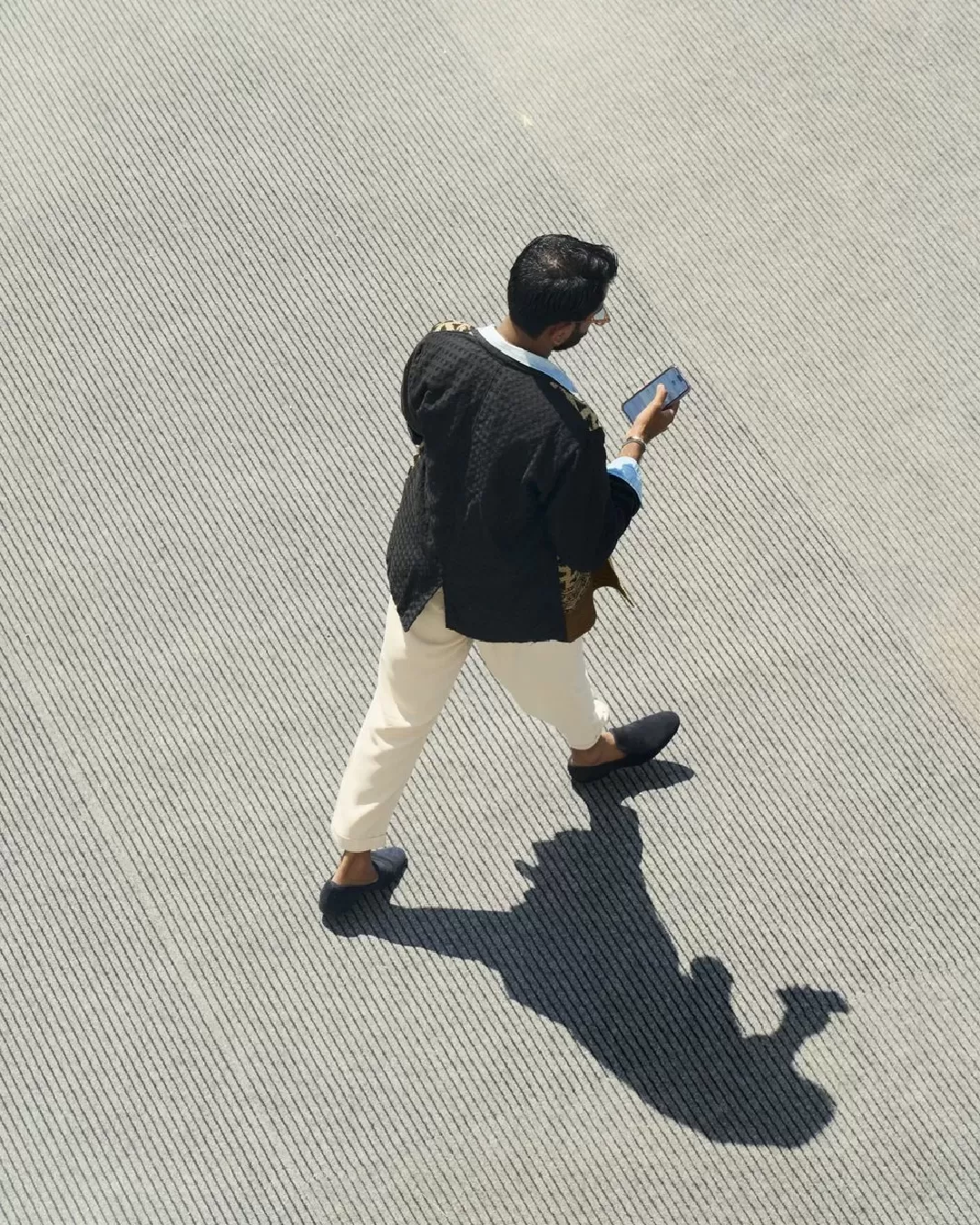
Understanding the obsession to share our location online And why letting others know where we are has been normalised
Until a few years ago, the constant sharing of one’s geographical location through apps like Find My on iPhone was perceived, in certain contexts, as a potential red flag. In some cases, this practice hid a form of control—more or less explicit—by partners or family members, often justified by reasons related to transparency in the relationship or safety. The habit of monitoring someone’s movements in real time highlighted—and still highlights—problematic relationship dynamics, revealing a lack of mutual trust, a constant need for reassurance or, in more serious cases, an outright invasion of privacy. What might have seemed like a harmless gesture often ended up, especially in romantic relationships, becoming a form of normalized surveillance. In the family context, location sharing was sometimes used by parents to protect their teenage or young adult children, with the stated intention of ensuring their safety. However, even here, the line between care and control often proved to be thin. While it can be reassuring to know where your loved ones are, continuous traceability can also compromise individual autonomy and foster a relationship based more on surveillance than on dialogue and trust.
@bebebbluee I got you baby #tinderdate #bff #longdistancefriendship original sound - Netflix
Over time, the perception of tools like Apple’s Find My, Google’s Family Link, Life360 or Findmykids, among others, has definitely changed. Today, their use is increasingly normalized and contextualized within conscious and transparent relationship dynamics. Essentially, real-time location sharing with friends and family has become a more and more widespread habit, even in Italy, especially among younger people, for whom it has become a virtually normalized practice in social and emotional dynamics. On this topic, the site The Conversation—an academic insight platform founded in Australia and also active in the United States—reports that in many cases (especially for parents), location sharing meets a psychological need: it allows people to feel more reassured and to manage the uncertainty of daily life. Even just in theory, being able to know your loved ones’ location at any moment represents, for many people, a source of peace of mind, with the belief that it enables quicker intervention in emergencies or times of need.
In the family context, the desire to always have access to children’s locations often arises from a need for control by parents, fueled by the increasingly widespread perception that the outside world is full of dangers. However, this perception can be misleading: many parents tend to confuse real dangers with potential risks. On the contrary, facing possible sources of risk is an essential part of development, as it helps children and teenagers build self-confidence and face their fears. The problem arises when this kind of control persists as they grow older, at a time when the need for autonomy and independence becomes natural. At this stage, constantly monitoring children’s movements can be counterproductive: instead of conveying safety, it can increase fragility, undermine mutual trust, and hinder children’s ability to make decisions on their own. The pedagogical risk is that constant geolocation replaces more constructive tools like dialogue and the gradual development of responsibility.
she sent me her location bruh wtf is this pic.twitter.com/CFvrrp9a2J
— sasha ༊*·˚ (@pridenprcjudice) April 1, 2025
Moreover, knowing where someone is does not automatically mean ensuring their safety. Location sharing can offer a false sense of protection, but without a relationship based on trust and communication, it risks becoming an empty gesture or, worse, oppressive. Especially in emotional relationships, this habit can send the implicit message that monitoring your partner is normal or even necessary, contributing to the normalization of relational surveillance. Such dynamics, if internalized in the family, risk being replicated in adulthood within romantic relationships. Location sharing can certainly be useful in specific situations, for instance when there is a real danger, but in other cases, it can turn into a tool for coercive control, especially in contexts of abuse. Some women, in particular, may struggle to recognize continuous geolocation as a limitation of their own freedom and privacy, especially if such behavior has been normalized.















































